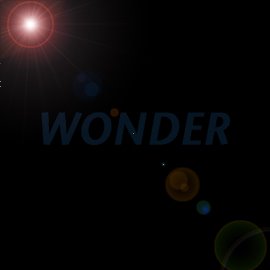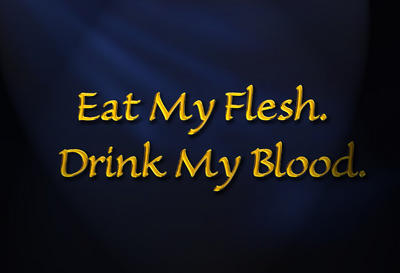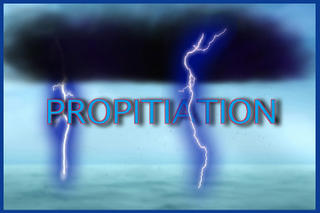Wonder

Wonder is a hard feeling to describe. Wonder is that fleeting moment when man's eyes are finally off of self and on to something truly grand and beautiful. For some, this sense of wonder is felt in deep, majestic, and moving music. For others, it is found in the masterpieces of art. For all of us, I'd say, it is in some form of the beauty of Nature. The Rockies have captivated my thoughts since my youth.
I recently bought a bicycle for my son Ethan who, at the time, did not really know much about bikes. When we went into Wal-mart and I pointed out the rows of bikes hanging on the ceiling, he pointed up in wonder and said, "What's that, Daddy."
"Bicycles, Ethan. And Daddy is going to get one for you."
His eyes went wide. His wonder was at the bicycles. My wonder was at the joy one can feel for the love of a child.
Sometimes I feel silly to admit that my favorite authors are authors of fairy tales and myths. But then, again, I recognize that what these writers stir in me is a sense of wonder, a calling back to that childlike view of the world where everything is a glorious and major event. And, for the good authors, their stories point to the Great Story we are living in. Sometimes their writings trigger a flash of emotional memory, a reminder of a childlike perspective.
I believe that Wonder is one trait of good character, and we must develop it. It is a character trait because Wonder helps us to get our eyes off self--and self-focus is character-destroying.
A soul that has lost its capability to wonder is a soul that has lost its ability to worship. For worship is the ultimate act of placing our thoughts and visions off of self and on to ultimate beauty: God Himself.
What does God wonder at? What captivates His fancy? There is nothing and no one higher, grander, or more beautiful than Himself. Therefore, He rejoices in Himself. This is not ego. This is true worship of the one and only God. God wonders at, rejoices in, and is happy because of Himself! We were created to take part of His wonder.
If this is true, what happened? John Ortberg remind us, "There is a being in this universe who wants you to live in sorrow, but it is not God."1 Satan deceived us and plunged us into sin and, as a result, sorrow.
Have you grown too melancholy? Too sorrowful in this life? Too old? Because of our sin, we lost our capacity to enter into God's joy. G.K. Chesterton wrote:
"Because children have abounding vitality, because they are in spirit fierce and free, therefore they want things repeated and unchanged. They always say, "Do it again"; and the grown up person does it again until he is nearly dead. For grown-up people are not strong enough to exult in monotony. But perhaps God is strong enough to exult in monotony. It is possible that God says every morning, "Do it again" to the sun; and every evening, "Do it again" to the moon. It may not be automatic necessity that makes all daisy's alike; it may be that God makes every daisy separately, but has never got tired of making them. It may be that He has the eternal appetite of infancy; for we have sinned and grown old, and our Father is younger than we."2
God is the Ancient One in that He is eternal, timeless. We humans simply get old, creaky, crusty, and cranky. I am not talking about chronological age. Sin stoops the back of any soul regardless of how long it has crawled around under these skies. Sin drains our ability to rejoice because sin kills life.
Jesus said we must come to God as a little child. The ability to do so is the gift of repentance. The blood of Christ can restore our spiritual youth--the ability to wonder and rejoice in God.
This is the hope for our souls, for our eternal destiny, and for our created purpose.
----------------------------------------------------------------------------
1 John Ortberg, The Life You’ve Always Wanted (Grand Rapids, Michigan; Zondervan, 1997), 68.
2 G.K. Chesterton, Orthodoxy (Colorado Springs, Colorado; Waterbrook Press, 1994), 61.






